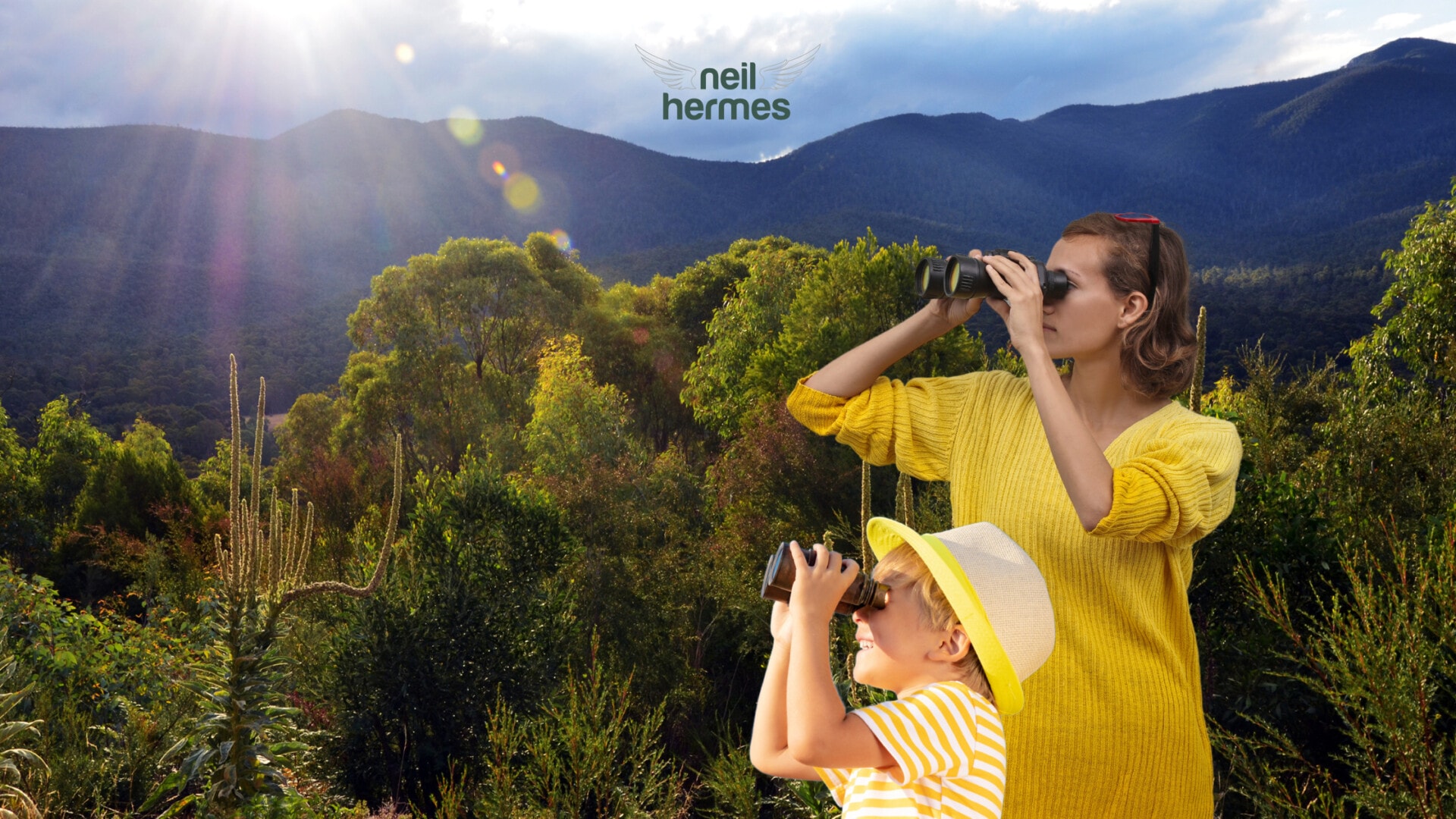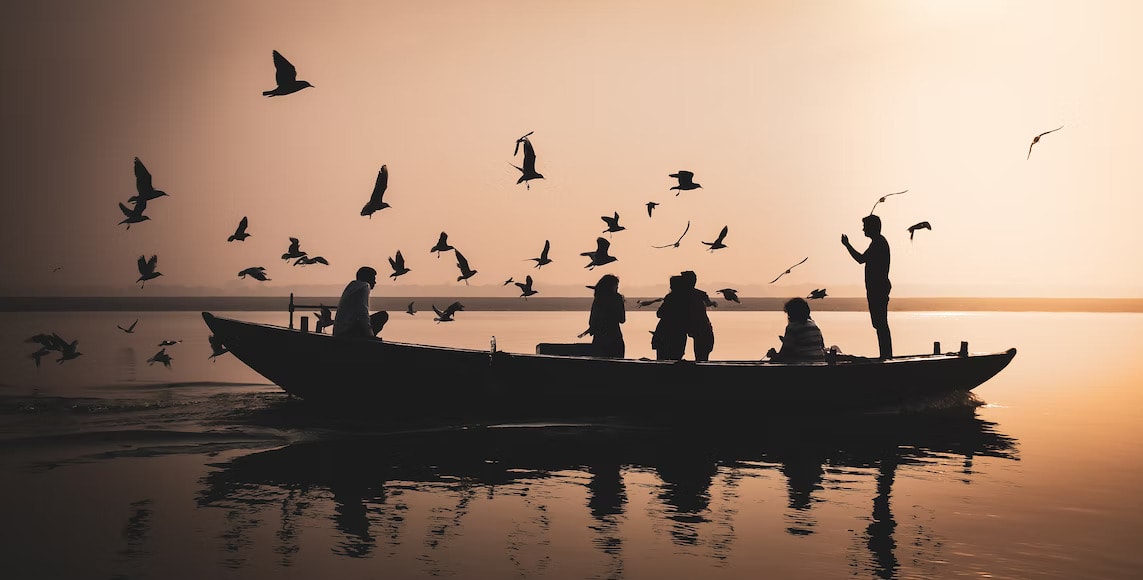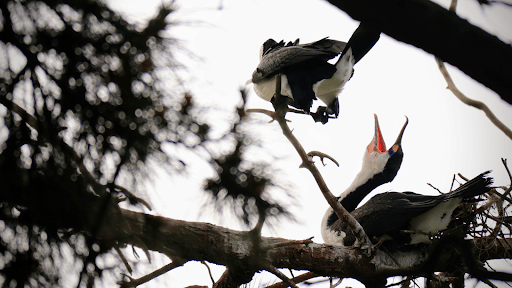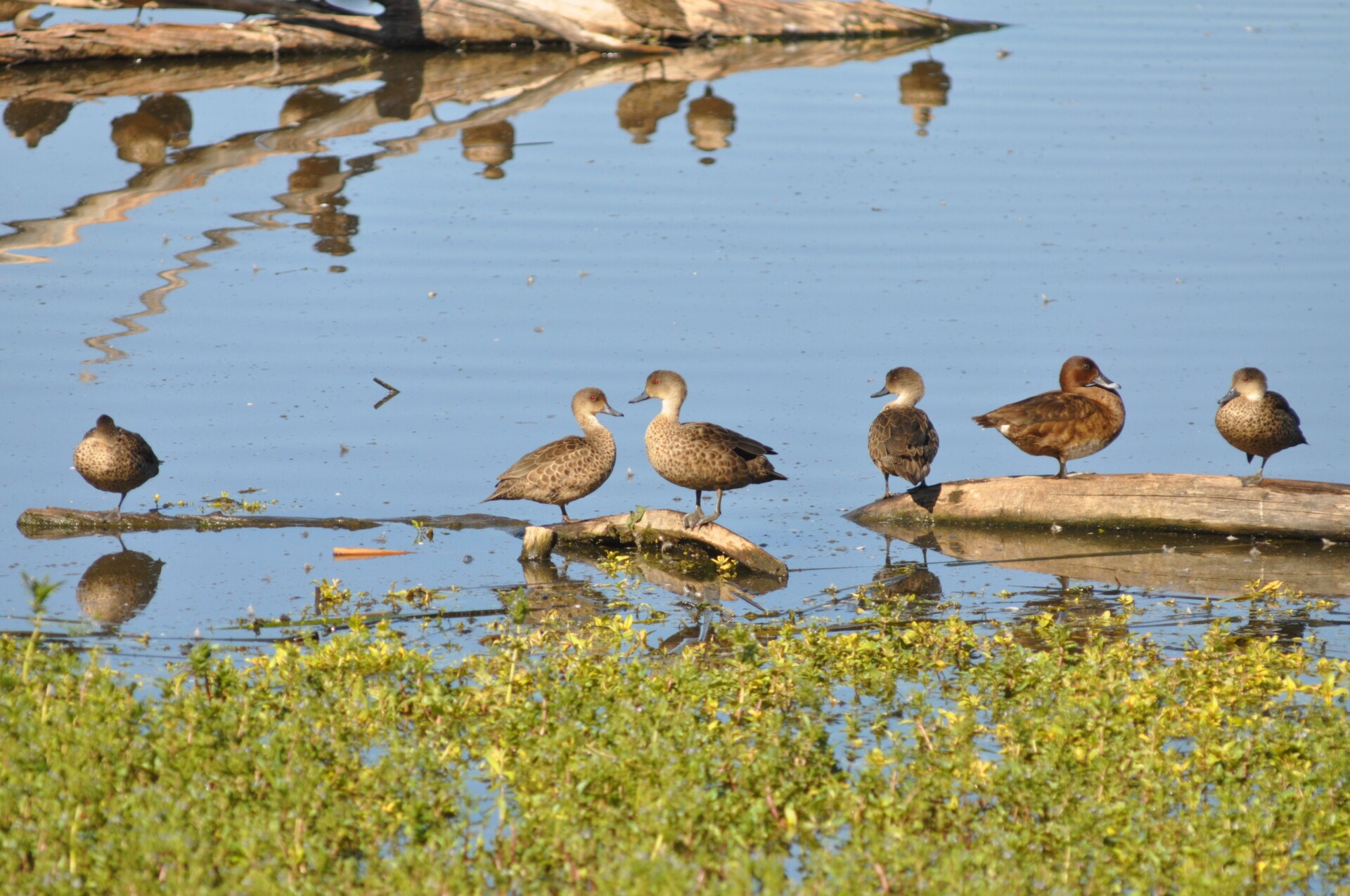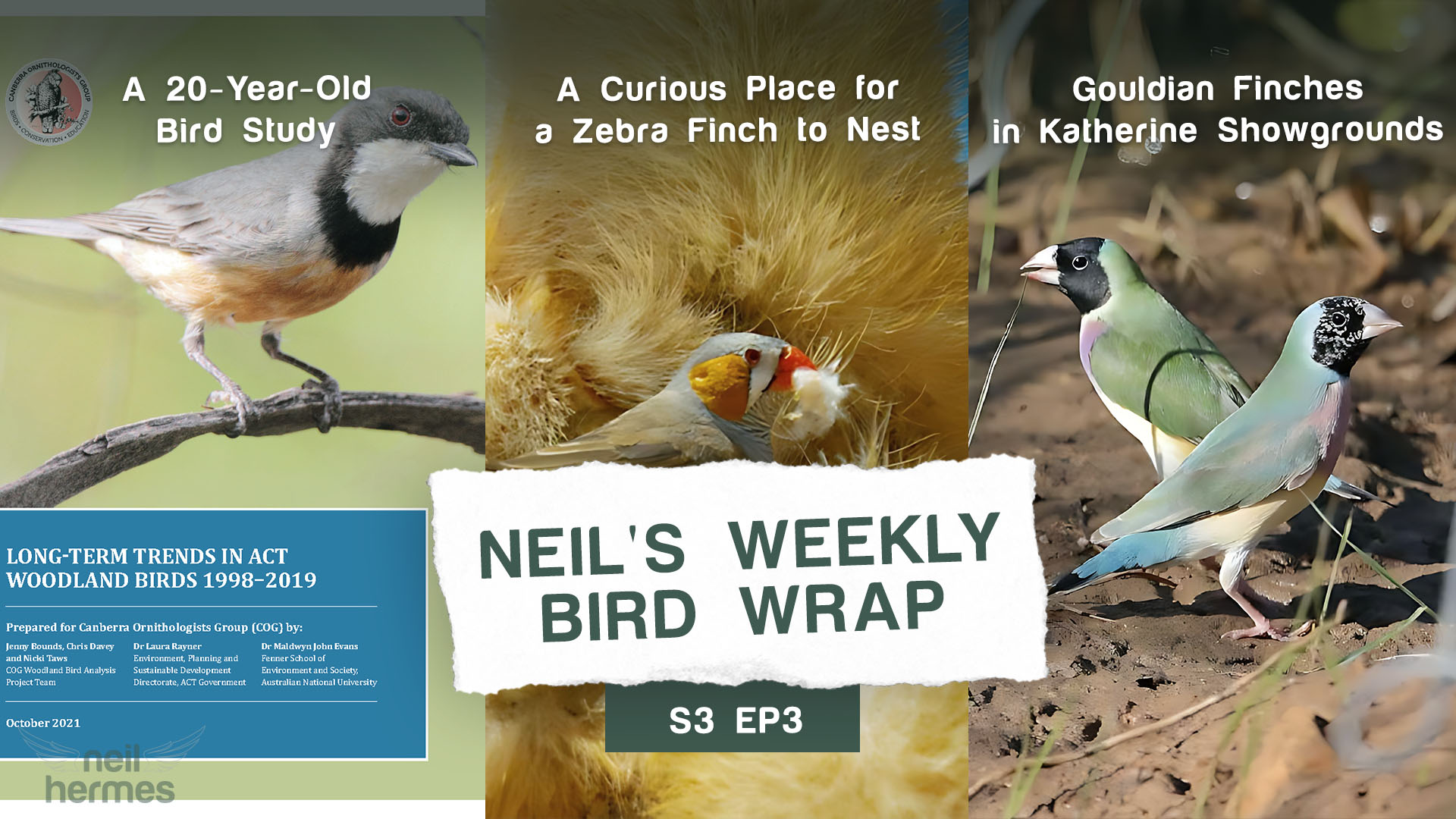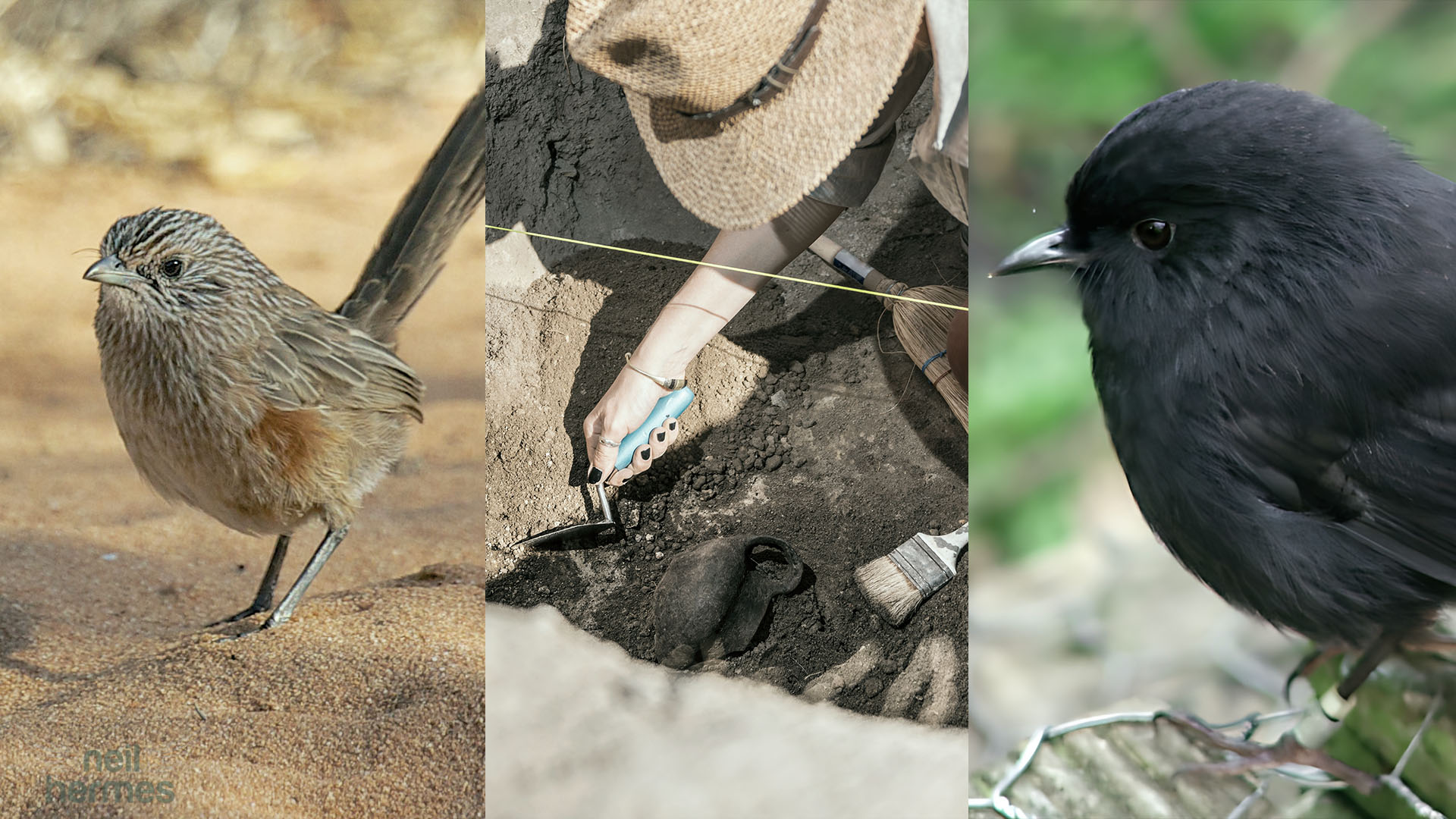Owner-operator Neil Hermes shares wonderful stories in this weekly bird wrap. This week, we will talk about why cockatoos become destructive, the real impact of COVID-19 on birds, and why Cassowaries are disappearing from their natural habitats.
Australia is indeed a bird paradise. Visit neilhermes.com.au to book wildlife tours and birdwatching safaris in Canberra to different parts of Australia, and other beautiful locations off the beaten path.
Welcome to another episode of The Weekly Bird Wrap, where I quickly discuss some of the most amazing stories and facts about birds in Australia and from all over the world!
Why Cockatoos Become Destructive
One of the main reasons why cockatoos can be so destructive is because of their hormonal drive. Cockatoos, specifically those common in Australia like the white Sulfur Crested Cockatoo, are apparently sensitive to changes in their hormonal levels, which can cause them to act out in destructive ways in the occasion of a hormonal imbalance.
Their destructive tendencies can lead them to engage in unwanted behaviors, such as destroying street lights, furniture, and even trees and shrubs while hunting for prey.
The Impact Of COVID On Birds
Recent studies from the USA show the impact of the ongoing COVID-19 pandemic on birds. Lately, more and more species of birds have been flocking to areas that for them were once undesirable parts of the cities like public parks, city plazas, and outdoor parking lots.
The reason for this being there were less to almost no people in these areas during the height of the COVID-19 restrictions and social distancing requirements. This has led to an increase in sightings of rare and migratory bird species in urban areas. A big win for ornithologists, birders, and animal lovers everywhere.
Breeding Cassowaries
Cassowaries are interesting, majestic species of birds typically found in the rainforests of Australia and some parts of New Guinea. However, studies show that sightings of this majestic bird in its natural habitat are becoming less and less frequent.
On the bright side, some zoos and organisations in Australia have been vocal in their efforts to help Cassowaries breed more and preserve the species so we may hopefully see more of this magnificent bird in the decades to come.
I hope you enjoyed this week’s bird wrap! Be sure to tune in next week for more amazing stories about bird species in Australia and all over the world. If you’re interested in safaris and tours, be sure to visit my website neilhermes.com.au where you can book any of my upcoming bird tours.
The Leading Birding Tours in Australia | Neil Hermes: Our Ornithologist
A scientist by background, and a keen Ornithologist. Neil has lived in Canberra for over 50 years and has decades of experience in the tourism industry. He has turned his talents to guiding guests around Canberra which he called home for most of his life.

